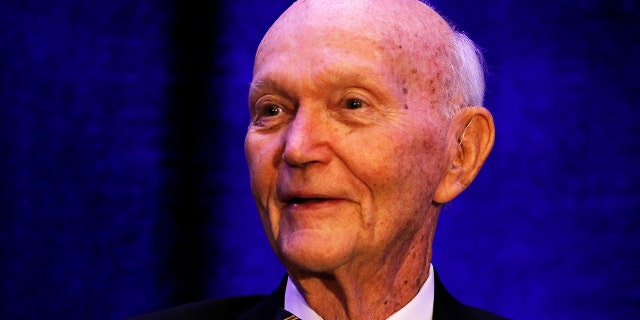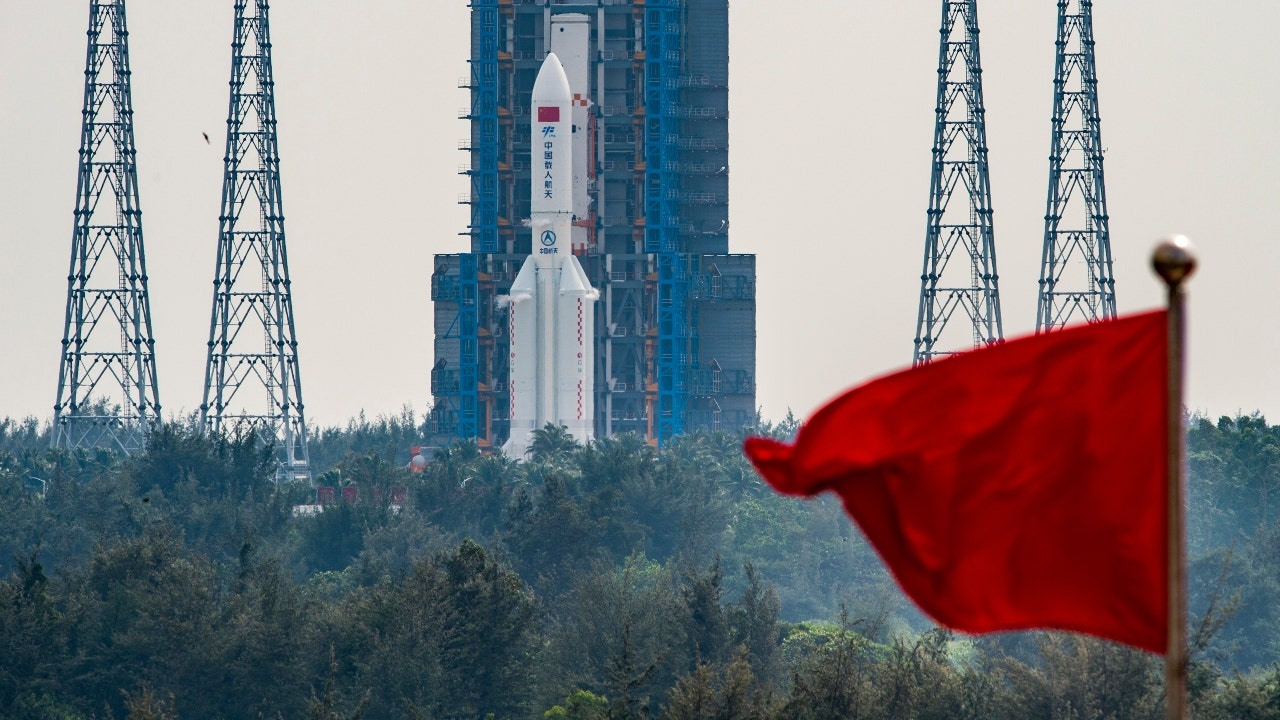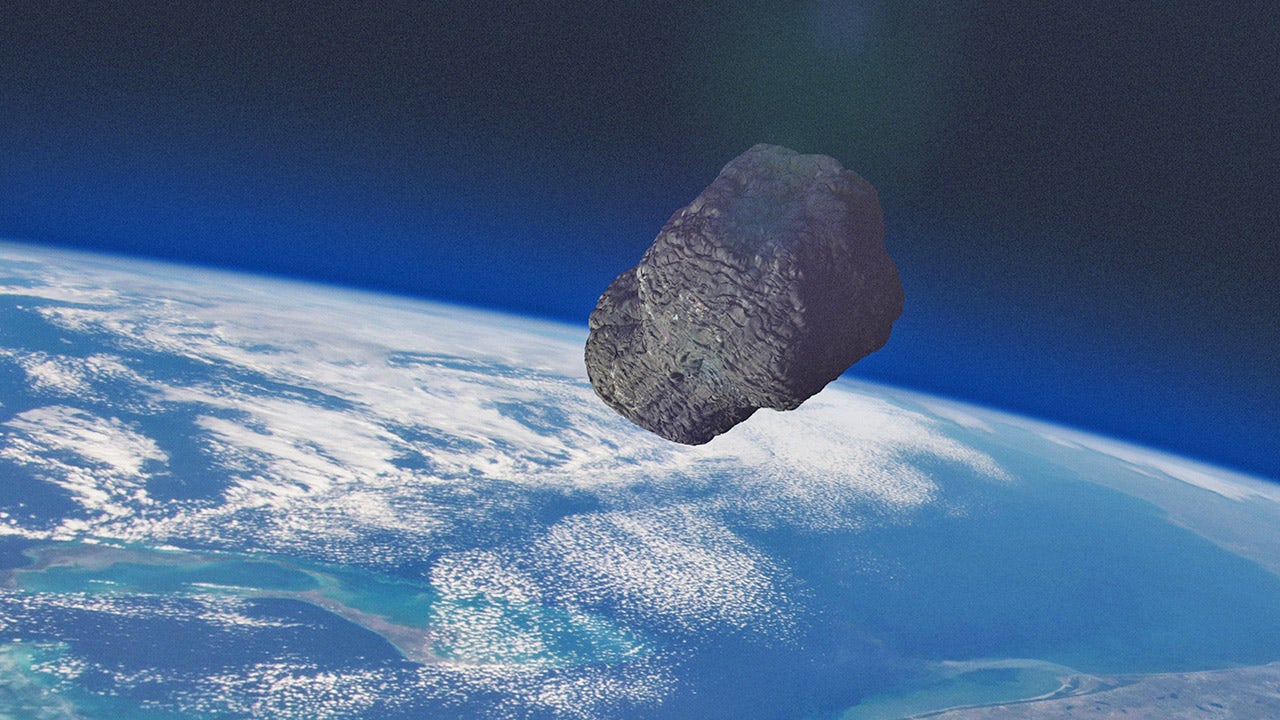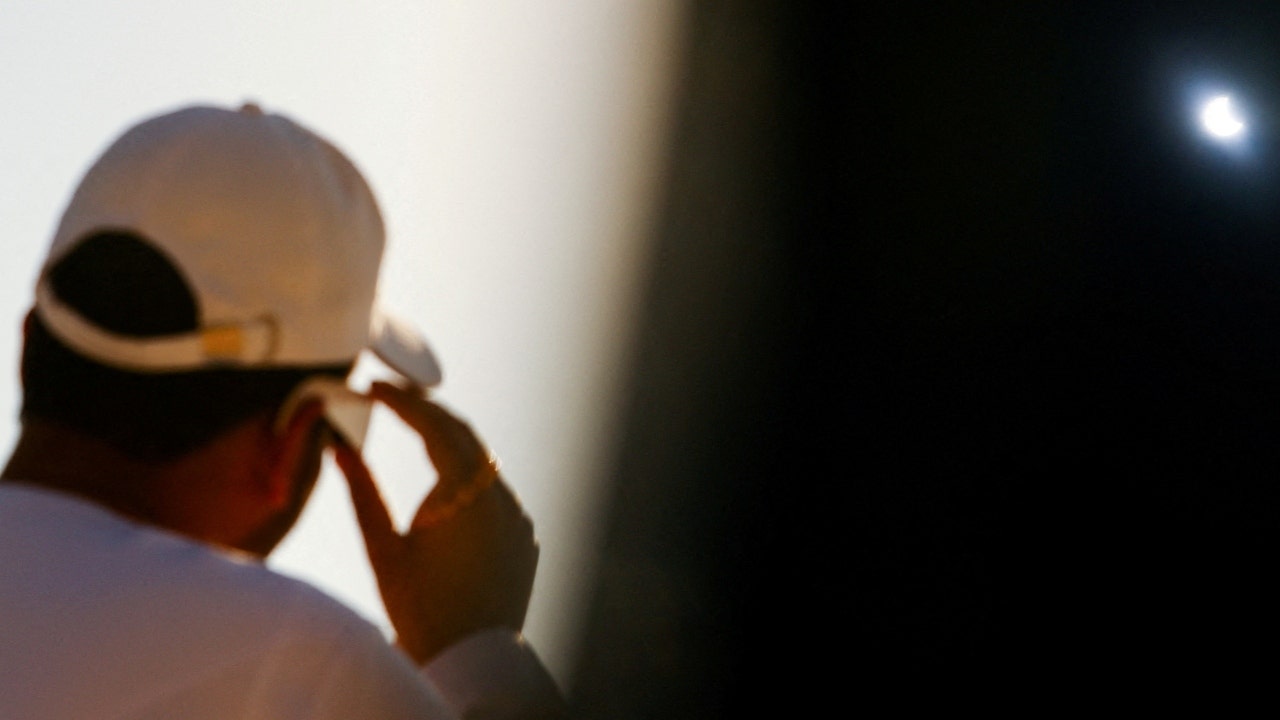air-and-space air-and-space Michael Collins died Wednesday at age 90 after a battle with cancer” target=”_blank”>cancer< mission in July 1969.
“We regret to share that our beloved father and grandfather passed away today, after a valiant battle with cancer. He spent his final days peacefully, with his family by his side,” Collins’ family wrote in a statement on Twitter. “Mike always faced the challenges of life with grace and humility, and faced this, his final challenge, in the same way.
“We will miss him terribly. Yet we also know how lucky Mike felt to have lived the life he did. We will honor his wish for us to celebrate, not mourn, that life,” they continued. “Please join us in fondly and joyfully remembering his sharp wit, his quiet sense of purpose, and his wise perspective, gained both from looking back at planet-earth” target=”_blank”>Earth<, where his father served as a major general in the military.
Collins would graduate from the U.S. Military Academy at West Point and joined the military to become a fighter pilot and an experimental test pilot at the Air Force Flight Test Center at Edwards Air Force Base in California.
He served there from 1959 to 1963, logging more than 4,200 hours of flying time and eventually achieving the rank of major general.
NASA, ELON MUSK REACT TO SPACEX CREW-2 LAUNCH: ‘IT TOOK 10 YEARS TO GET HERE’
NASA chose Collins as an astronaut in October 1963. His first flight was aboard Gemini 10 in July 1966, when he became the fourth human to conduct a spacewalk.
The space pilot’s second flight was the United States’ first lunar landing mission, although Collins never walked on the air-and-space unlike fellow crew members Neil Armstrong and Buzz Aldrin.
Serving as command module pilot, he remained in lunar orbit and is often known as the “forgotten astronaut.”

Apollo 11 astronaut Michael Collins speaks at a panel discussion on the 50th anniversary of the launch in Cocoa Beach, Florida, U.S., July 16, 2019. REUTERS/Joe Skipper
“The thing I remember most is the view of planet Earth from a great distance,” he would later recall in an interview with NPR. “Tiny. Very shiny. Blue and white. Bright. Beautiful. Serene and fragile.”
Collins logged 266 hours in space, of which 1 hour and 27 minutes were spent in Extravehicular activity (EVA).
Upon departing NASA in January 1970, Collins became assistant secretary of state for public affairs.
More than a year later, he joined the Smithsonian Institution as director of the National Air and Space Museum, where he stayed for seven years.
In April 1978, Collins became undersecretary of Smithsonian.
In 1980, Collins became the vice president of the LTV Aerospace and Defense Company and resigned five years later to start his own firm.
He is the author of several genres including the 1974 “Carrying the Fire,” 1976 “Flying to the Moon and Other Strange Places,” and 1988 “Liftoff: The Story of America’s Adventure in Space.”
Collins also remained active through the years, competing in triathlons, fishing and painting.
“I am certain, if everyone could see the Earth floating just outside their windows, every day would be #EarthDay,” Collins wrote in a tweet on April 22. “There are few things more fragile or more beautiful than Earth, let’s work together today and everyday to protect our home.”









